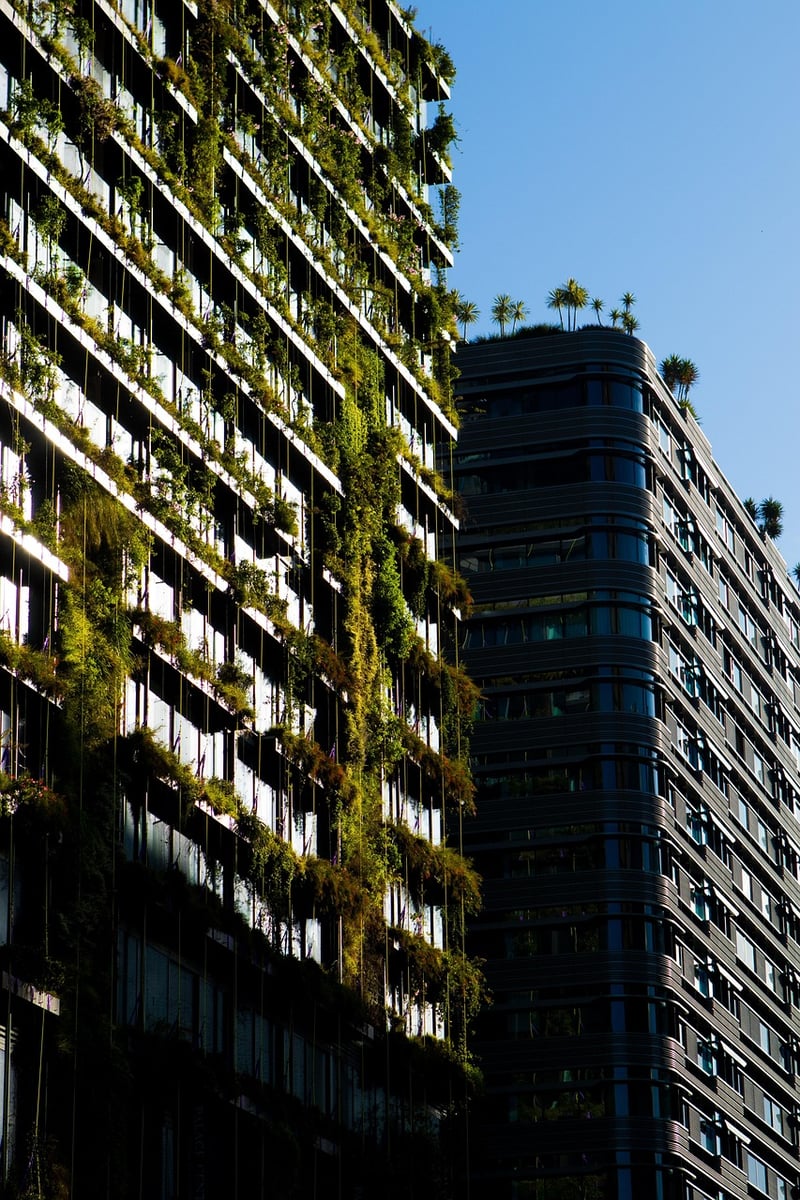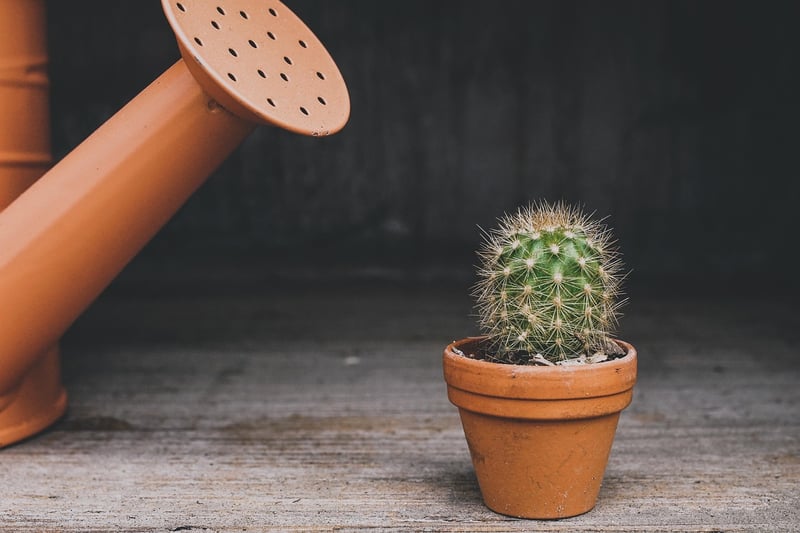Greywater Recycling
Efficient Water Usage in Urban Gardens + Greywater Recycling

Introduction
Urban gardening is a growing trend that allows city dwellers to cultivate plants, fruits, and vegetables in limited spaces. However, one of the challenges urban gardeners face is water scarcity. In this article, we will explore tips for efficient water usage in urban gardens and the benefits of greywater recycling.
Efficient Water Usage Tips
- Choose Drought-Resistant Plants: Opt for plants that require less water to thrive, such as succulents, herbs, and native species.
- Water in the Early Morning or Late Evening: Minimize water loss due to evaporation by watering your garden during cooler hours.
- Use Mulch: Mulching helps retain soil moisture and reduces the need for frequent watering.
- Collect Rainwater: Install a rain barrel to capture rainwater for watering your plants, reducing reliance on the mains supply.
- Install Drip Irrigation: Drip irrigation systems deliver water directly to the roots of plants, minimizing wastage.
Greywater Recycling
Greywater is wastewater generated from activities like laundry, dishwashing, and bathing. Instead of letting this water go to waste, you can recycle it for irrigating your garden. Here are some steps to implement greywater recycling:
- Install a Greywater System: Set up a system to collect and filter greywater from your household activities.
- Use Biodegradable Products: Switch to environmentally friendly soaps and detergents to ensure the safety of your plants.
- Direct Greywater to Irrigation: Channel filtered greywater to your garden through a separate irrigation system.
- Be Mindful of Plant Selection: Avoid using greywater on edible parts of plants and choose suitable species that can tolerate recycled water.
Conclusion
By adopting efficient water usage practices and incorporating greywater recycling into your urban garden routine, you can reduce water consumption, lower your environmental impact, and promote sustainable gardening in urban areas.
Start implementing these strategies today to create a more water-efficient and eco-friendly urban garden!

